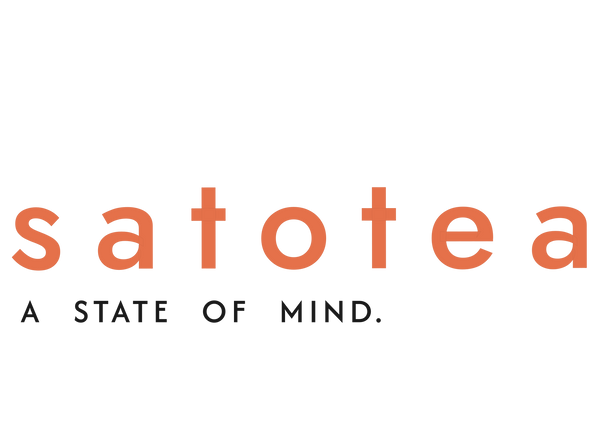Why Your World Is Falling Apart — And Why That’s a Good Thing
E Nan
First, let’s clarify something: the world is not collapsing. Your world might feel like it is—or more accurately, your perception of it is unraveling. This is not a catastrophe; it’s an opportunity. Congratulations.
This article will explore two key points:
- Why your world feels like it’s falling apart
- Why that’s actually beneficial
The Breaking Point: When Stability Becomes a Trap
If you’re reading this, you’re likely in your late 20s to late 40s. By now, you’ve accumulated life experience—you’ve built a career, traveled, navigated relationships. You’ve checked all the boxes. Yet, instead of feeling fulfilled, you find yourself asking: What’s next?
Like it or not, you have been shaped by your social environment—your family, friends, colleagues. These interactions have defined your identity, shaping how you think, behave, and even perceive yourself. Over time, you've become adept at wearing different masks—one version of yourself with friends, another at work, another with family. You’ve learned to adapt, to fit expectations.
But when you look in the mirror at the end of the day, do you recognize yourself? Or do you see a character—one that plays out a scripted role in the story of your life, performing day after day? If you’ve followed all the societal rules—worked hard, been responsible, done what was expected—why does something still feel off?
The Root of the Void
The reason is simple: you have lived according to expectations that are not your own.
Your choices—your job, your lifestyle, your relationships—may have been dictated more by external validation than by genuine self-awareness. You have become a construct of societal norms rather than an authentic expression of yourself.
This misalignment is why your world feels like it’s unraveling. But here’s the critical realization: this collapse is not a failure; it’s a sign. Your psyche is pushing you to shed false identities and embrace something more real.
Why Being Stuck Is an Opportunity
You’ve changed jobs, cities, relationships—yet the dissatisfaction lingers. The external world shifts, but internally, something remains unsettled. Eventually, exhaustion sets in. The cycle of reinvention no longer works. That’s when the real transformation begins—when you stop escaping and turn inward.
In Jungian psychology, this marks the beginning of individuation—the process gaining awareness of the many personas, overcoming them and integrating parts of the unconscious, reconciling the fragments of your full identity. Throughout life, you have suppressed aspects of yourself—your anima (if you’re male) or animus (if you’re female). These repressed instincts, fears, and desires form what Jung calls the shadow—the unseen yet powerful part of the self.
The shadow is not inherently bad. It’s simply what exists outside your conscious awareness. However, if ignored, it operates unchecked, manifesting in destructive ways—self-sabotage, impulsivity, emotional instability, or an insatiable hunger for external validation.
This crisis—the disintegration of your perceived reality—is a call to integrate your shadow rather than be controlled by it. Your world is not truly falling apart—your illusion of stability is. And that is a necessary step toward authentic selfhood.
The Path to Authenticity: Beyond Illusion
So, what comes next?
The answer lies in deep self-exploration. The process of individuation requires dismantling conditioned beliefs, unlearning limiting narratives, and engaging with your unconscious mind. This is not instant gratification. It’s an ongoing transformation—one that requires patience and effort.
The good news? If you resonate with this, you’ve already begun the journey. Awareness is the threshold. Acceptance opens the door. Commitment moves you forward.
Practical Steps for Rebuilding the Self
To cultivate authenticity, you must create space for introspection. Tea meditation provides a structured way to engage in self-dialogue.
- Set aside 15–30 minutes in a distraction-free space.
- Drink tea mindfully—not as a routine, but as a habit, a ritual of presence.
- Ask yourself fundamental questions:
- What do I really need in my life?
- What kind of life do I truly want to live?
- Who do I want to be?
Allow yourself to dream without constraints. Move beyond vague aspirations like “I want to be happy.” Instead, define happiness in actionable terms: What experiences, people, and values contribute to my sense of fulfillment? The more precisely you articulate your inner truth, the more likely your transformation.
For me, tea meditation was a catalyst. Eight years ago, I started using it as a tool for introspection, gradually transitioning from the societal definition of “success” (while being dysfunctional) to a more authentic, peaceful and meaningful life.
I am still walking this path. I believe there is no endpoint. But I have learned to value the process itself. And that, ultimately, is what matters.
